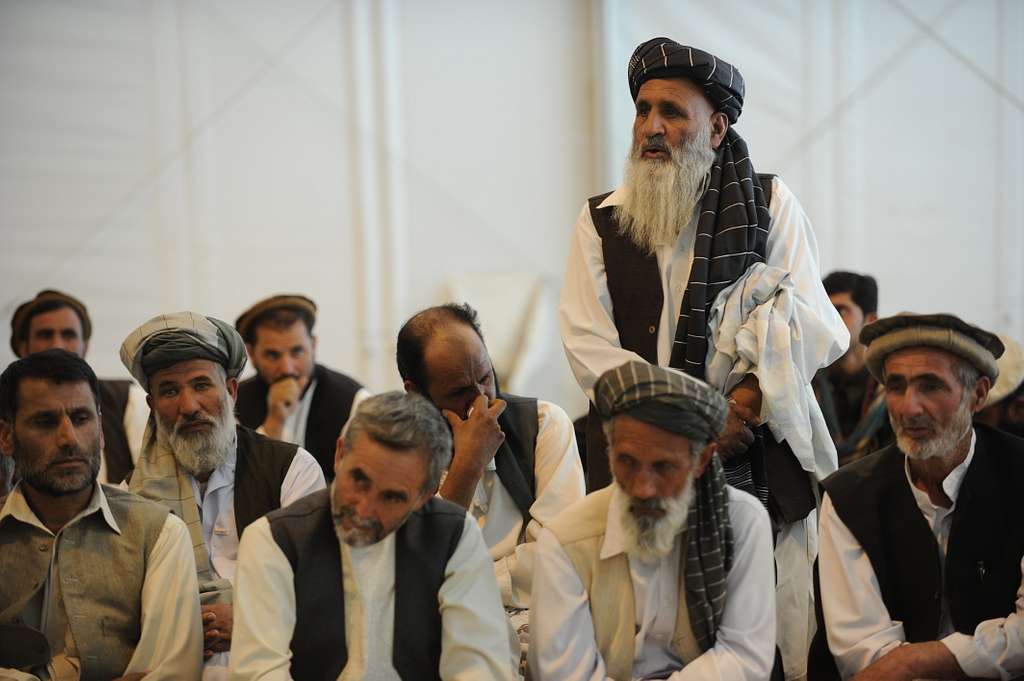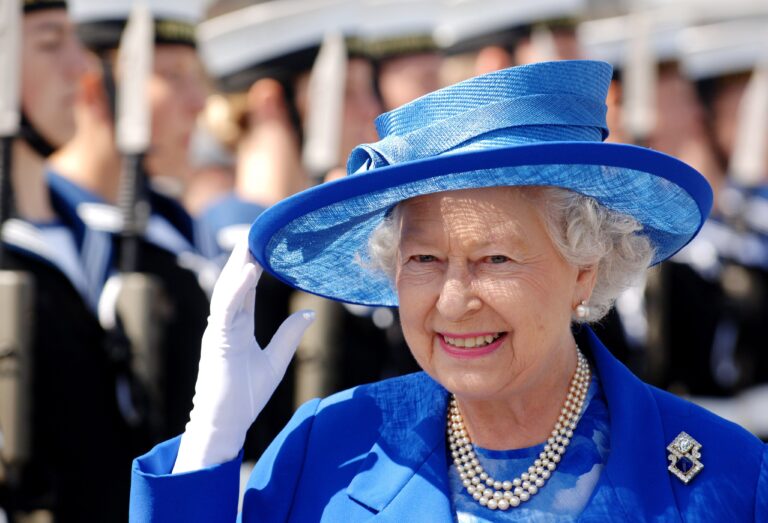
In a historic move, Russia has become the first country to officially recognize the Taliban-led government in Afghanistan, signaling a major shift in international relations with the Islamic Emirate.
Afghanistan’s Foreign Minister, Amir Khan Muttaqi, praised Russia’s decision as “courageous” during a meeting with Russian Ambassador Dmitry Zhirnov in Kabul on Thursday. The Kremlin confirmed its recognition, stating that it opens a new chapter of “positive relations, mutual respect, and constructive engagement.”
Key Developments:
- Russia is the first nation to formally acknowledge the Taliban government since its return to power in August 2021.
- The move aims to strengthen economic and security cooperation, including trade in energy, agriculture, and infrastructure.
- Russia has removed the Taliban from its list of terrorist organizations, paving the way for full diplomatic relations.
- The decision contrasts with the West’s stance, as most nations continue to impose sanctions over human rights violations.
Why Russia’s Recognition Matters
Russia has maintained a pragmatic approach toward the Taliban, keeping its embassy open even after the group’s takeover in 2021. The two nations have engaged in economic agreements, including a 2022 deal for Russian oil, gas, and wheat supplies to Afghanistan.
President Vladimir Putin has previously referred to the Taliban as an “ally” in counterterrorism efforts. This recognition could encourage other nations, such as China, Pakistan, and Central Asian states, to follow suit.
Historical Context
Russia’s relationship with Afghanistan is complex. The Soviet Union’s invasion in 1979 led to a decade-long war before its withdrawal in 1989. Now, Moscow sees engagement with the Taliban as crucial for regional stability and counterterrorism.
Global Reactions and Human Rights Concerns
While Russia moves closer to the Taliban, Western nations and human rights organizations continue to condemn the regime’s oppressive policies, particularly against women and girls.
Key Human Rights Issues:
- Ban on girls’ education beyond primary school.
- Restrictions on women’s employment and mobility without a male guardian.
- Public executions and floggings under strict Sharia law.
- UN sanctions freezing $9 billion in Afghan assets.
Despite these concerns, Russia’s recognition may embolden the Taliban and challenge the international community’s unified stance.
What’s Next?
Russia’s decision could reshape Afghanistan’s diplomatic isolation, prompting other nations to reconsider their positions. However, without improvements in human rights, widespread recognition remains unlikely.
For now, Afghanistan’s future hangs in the balance—between economic partnerships with allies like Russia and global demands for reform.







